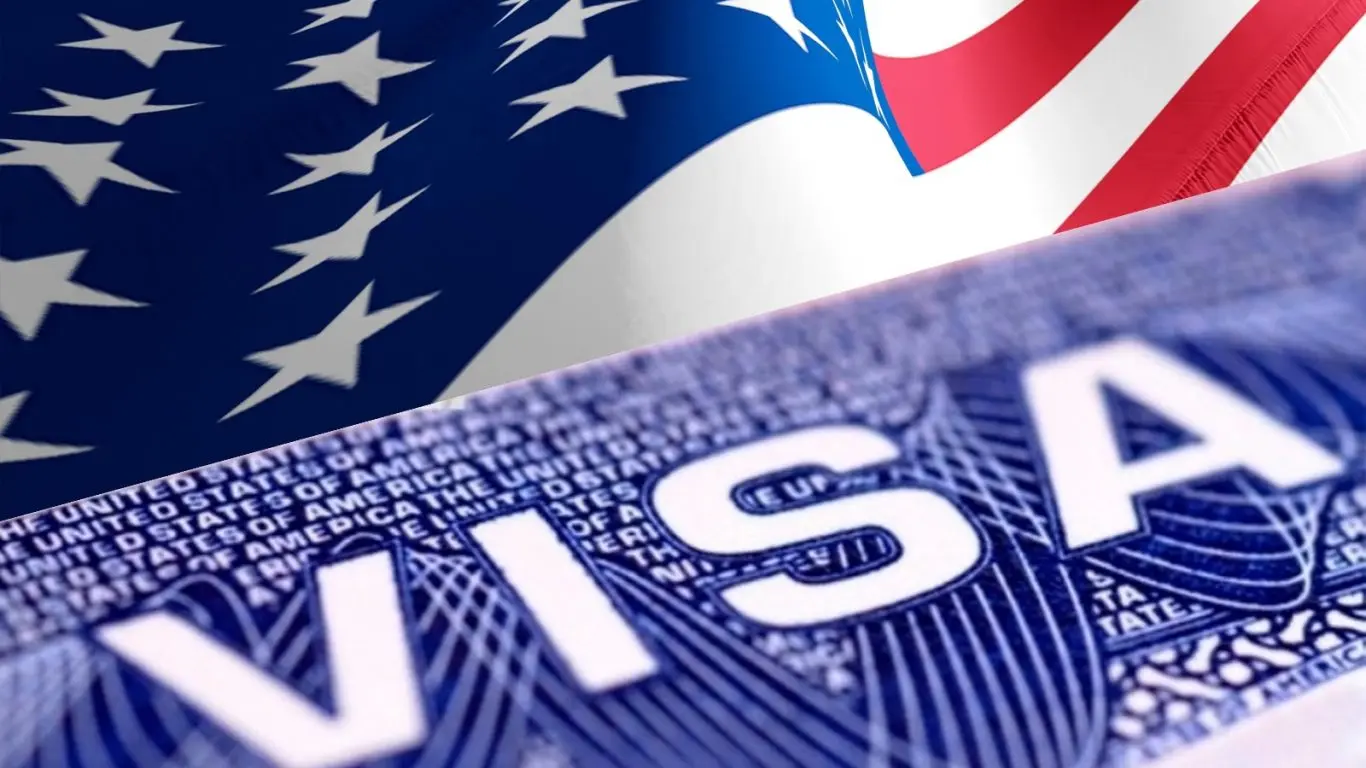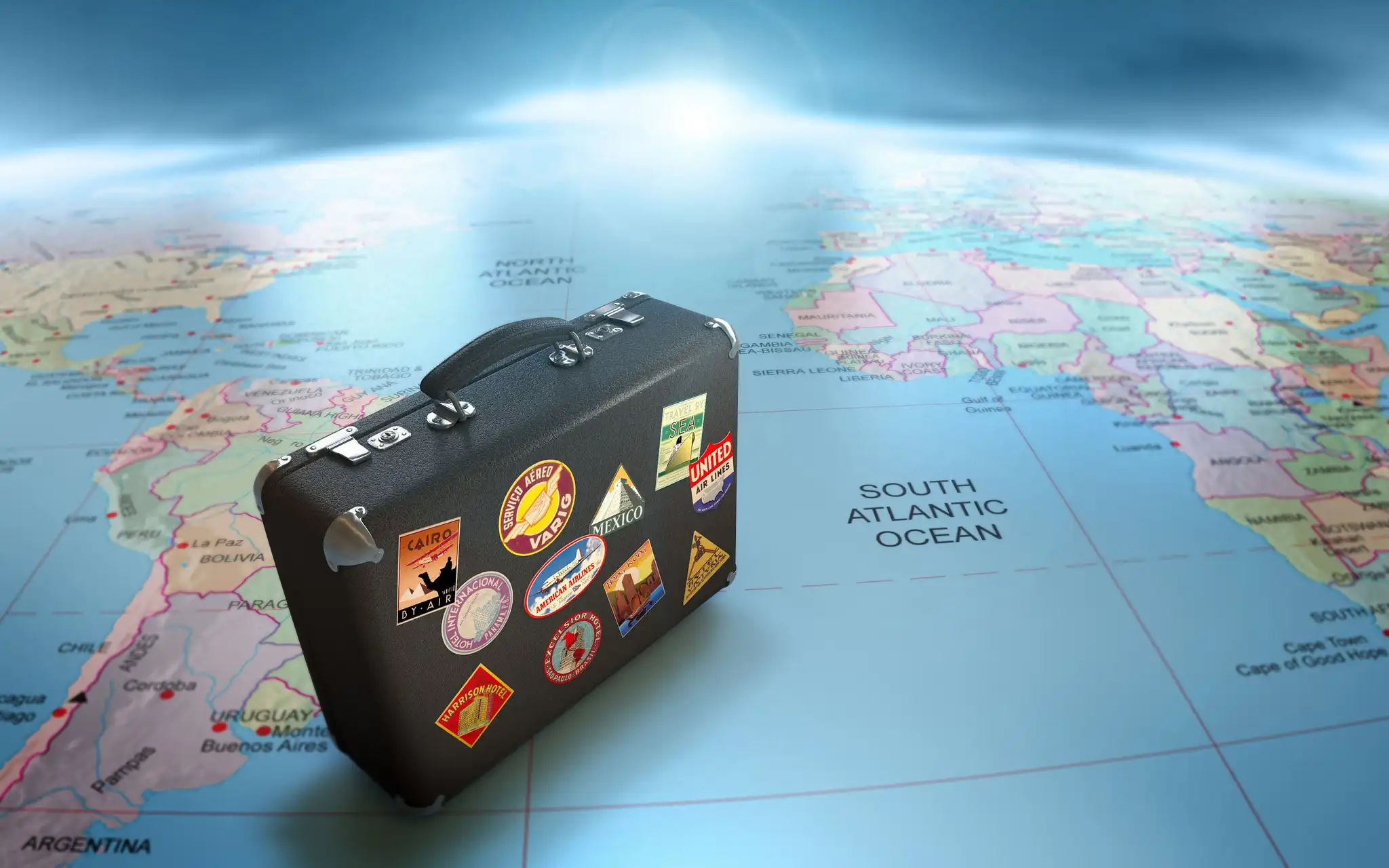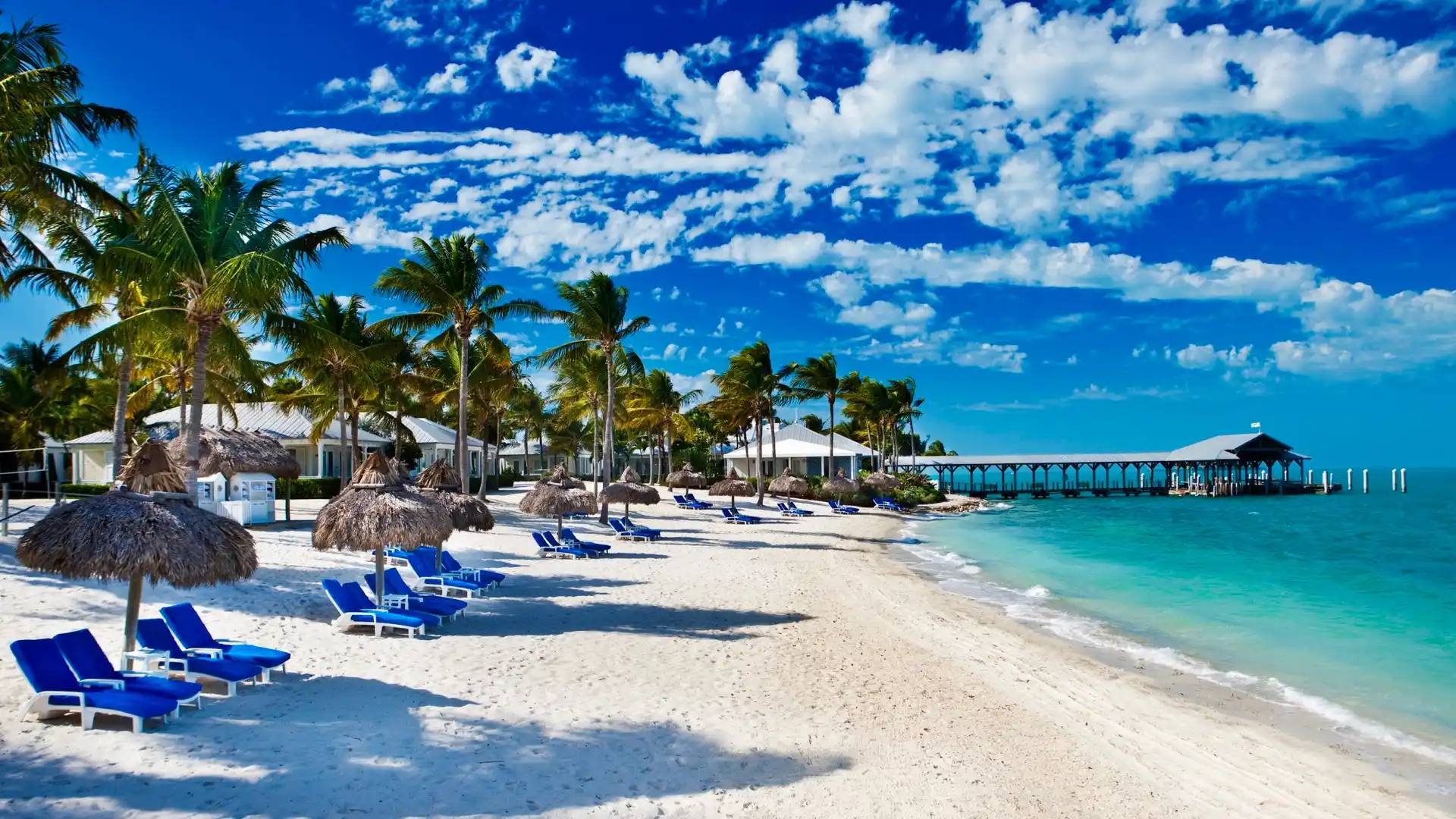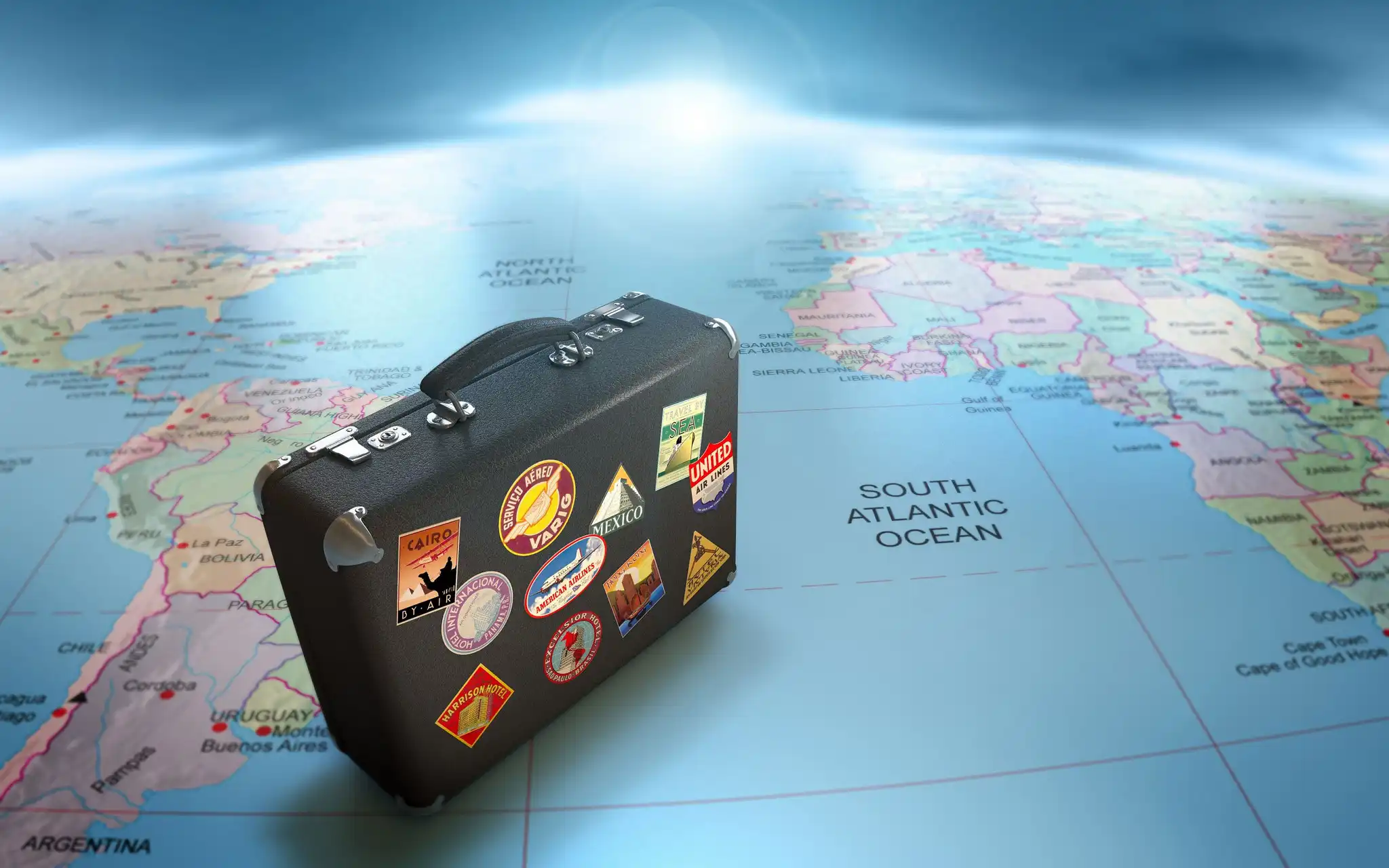Travel agents have long been essential players in the travel industry, helping individuals and businesses plan trips, book accommodations, and secure transportation. With the rise of online booking platforms, some might wonder how traditional travel agents still make money. In reality, travel agents have adapted to changing trends and continue to thrive by earning revenue through a variety of channels.
Here’s a closer look at how travel agents generate income:
1. Commissions on Bookings
The primary revenue stream for most travel agents is through commissions from hotels, airlines, cruise lines, tour operators, and car rental companies. When a customer books through a travel agent, the agent typically earns a commission on that booking.
- Airlines: While commission from airlines has declined in recent years, travel agents may still earn a percentage of ticket sales on flights, especially with premium class bookings.
- Hotels: Hotels often offer a commission on room reservations made by travel agents. Rates and commissions vary depending on the hotel chain and contract agreements.
- Cruise Lines: Cruise bookings can be highly lucrative for travel agents, with cruise lines often offering generous commissions, particularly for group bookings or high-end packages.
- Tour Operators: When clients book guided tours or packages through agents, the agents receive a cut of the tour cost. The more exclusive or specialized the tour, the higher the commission might be.
2. Service Fees
To supplement or replace commissions, many travel agents charge service fees for the planning and booking services they provide. These fees are typically charged to clients for their time and expertise, particularly for complex or custom trips.
- Consultation Fees: Some agents charge a flat consultation fee for offering advice or planning a trip, especially for multi-destination or luxury vacations.
- Booking Fees: Travel agents may charge a booking fee for securing flights, accommodations, or special services, like excursions and transfers. This is common when clients request highly personalized services or when booking less traditional or harder-to-find travel options.
- Change/Cancellation Fees: Agents may also charge fees for managing changes to bookings or handling cancellations on behalf of clients. These fees can vary depending on the amount of time and effort involved.
3. Markups on Travel Products
In some cases, travel agents may mark up the cost of travel products such as flights, hotels, tours, and other services. They add a small percentage or flat fee on top of the cost of the product, which is then passed on to the customer.
- Package Deals: When putting together a travel package, an agent may bundle services like flights, accommodation, and activities, and mark up the total price to include a profit margin.
- Custom Itineraries: For custom travel arrangements, agents may add a markup for the time spent designing the itinerary, booking everything, and ensuring the entire trip runs smoothly.
4. Group Travel and Corporate Travel
Travel agents often handle large group bookings or corporate accounts, which can be more profitable. Organizing group trips, corporate retreats, or incentive travel can bring in substantial commissions or service fees.
- Group Travel: For larger groups, agents may charge a fee per person or receive a commission from the suppliers for booking in bulk. For example, booking a cruise for a corporate group or a family reunion could yield significant earnings.
- Corporate Travel: Companies often outsource their travel planning to agents for efficiency and cost savings. Corporate travel agents may charge management fees or mark up bookings for business trips, conferences, and meetings.
5. Travel Insurance Sales
Many travel agents also sell travel insurance policies. Travel insurance can be essential for covering unexpected events like trip cancellations, medical emergencies, or lost luggage. Agents earn a commission for each insurance policy sold, and because these are often added to the overall trip package, it provides an additional revenue stream.
- Commissions from Insurance Providers: Travel agents may partner with specific insurance companies, earning a commission for each policy sold. The commission percentage varies depending on the insurance provider and the type of policy.
6. Affiliate Marketing
Some travel agents also make money through affiliate marketing by promoting other travel-related services or products. By recommending travel gear, accommodations, activities, or attractions through affiliate links on their website or social media, agents can earn commissions when customers click on these links and make a purchase.
- Affiliate Links: Agents may use platforms like Booking.com, TripAdvisor, or specialized travel gear companies. When customers book through these affiliate links, the agent earns a commission without having to directly handle the booking process.
7. Hosting Special Events or Tours
Some travel agents generate income by organizing and hosting special events, tours, or travel experiences. This could include everything from wine tours to educational trips or adventure travel.
- Curated Tours: Travel agents who specialize in certain types of travel, such as culinary tours, adventure tours, or eco-tours, can create their own events and package them for their clients. The agent earns money from booking guests on these tours, as well as from any additional services provided.
- Travel Experiences: Agents may partner with local guides or businesses to create unique travel experiences that are exclusive to their clients.
8. Vendor Partnerships and Bonuses
Some travel agents have partnerships with travel providers that give them bonuses or incentives for selling specific products or hitting certain sales targets. These bonuses can be lucrative, particularly for agents who focus on selling certain services, like luxury travel packages, specific cruise lines, or certain hotel chains.
- Sales Incentives: Vendors often offer financial bonuses to travel agents who meet certain booking targets or sales volumes. These bonuses can vary widely, from small cash incentives to all-expenses-paid trips for top performers.
9. Travel Agent Franchises
Some travel agents operate under franchises, which allows them to earn commissions and other forms of income while benefiting from the established brand and marketing resources of the franchise. This could include a percentage of the franchise’s sales, promotional funding, and co-branded partnerships.
Conclusion
Travel agents make money through a combination of commissions, service fees, markups, and vendor incentives, with various income sources coming from the products they sell, the services they provide, and the partnerships they form. With the travel industry’s rapid evolution and the rise of online tools, traditional travel agents continue to offer value to clients by providing expert advice, personalized service, and unique travel experiences that online booking platforms can’t match.
FAQs:
- How do travel agents make money?
Travel agents typically make money through a combination of commissions, service fees, and vendor partnerships. They earn commissions from hotels, airlines, cruise lines, car rental services, and tour operators, as well as from selling travel insurance or arranging special tours. - Do travel agents still earn commissions?
Yes, travel agents still earn commissions. While commission structures have changed over the years, travel agents continue to earn commissions for booking accommodations, flights, tours, car rentals, and other travel services. - What are the main sources of income for travel agents?
The main sources of income for travel agents include commissions from travel bookings, service fees charged to clients for their services, and sometimes bonuses or incentives offered by suppliers or vendors. - How do travel agents charge service fees?
Travel agents may charge service fees for booking and planning travel arrangements, offering personalized advice, or handling complex itineraries. These fees can vary depending on the service, complexity, or customization of the travel experience. - Can travel agents earn money through travel insurance sales?
Yes, travel agents can earn commissions from selling travel insurance. Travel insurance is often sold alongside other travel services, and agents may receive a percentage of the premium as commission. - How do travel agents make money from group bookings?
Travel agents can earn money from group bookings by arranging travel for groups such as tour groups, conferences, or events. They may receive a commission for booking group packages or may charge a service fee for organizing the travel arrangements. - Do travel agents earn from affiliate marketing?
Some travel agents use affiliate marketing to earn money by promoting travel-related products or services (such as hotels or tours) on their websites or social media platforms. They earn commissions when customers click on the affiliate links and make purchases. - How do travel agents make money from corporate travel?
Corporate travel agents earn money by arranging business trips for organizations. They receive commissions or service fees for booking flights, hotels, car rentals, and event venues, often through corporate travel management contracts. - How can travel agents earn money from vendor partnerships?
Travel agents often partner with travel suppliers (like airlines, hotel chains, or cruise lines) to offer exclusive deals or promotions to their clients. These partnerships can include commissions, bonuses, or special rates for the agents who help market or sell these services. - What types of tours and events do travel agents host for extra income?
Travel agents can host specialized tours, such as adventure trips, cultural experiences, or luxury holidays, earning income from the booking fees and commissions. They may also organize events like group cruises or destination weddings and receive income from those bookings. - Are travel agent franchises profitable?
Travel agent franchises can be profitable, especially if the agent has access to a strong brand, a well-established network of suppliers, and marketing support. Many travel agent franchises operate on a commission-based income model, which can provide a steady revenue stream. - Do travel agents receive bonuses from suppliers?
Yes, travel agents may receive bonuses from suppliers based on the volume of business they generate. These bonuses are often given as incentives for booking large numbers of customers or for selling specific products or packages promoted by the suppliers.


















